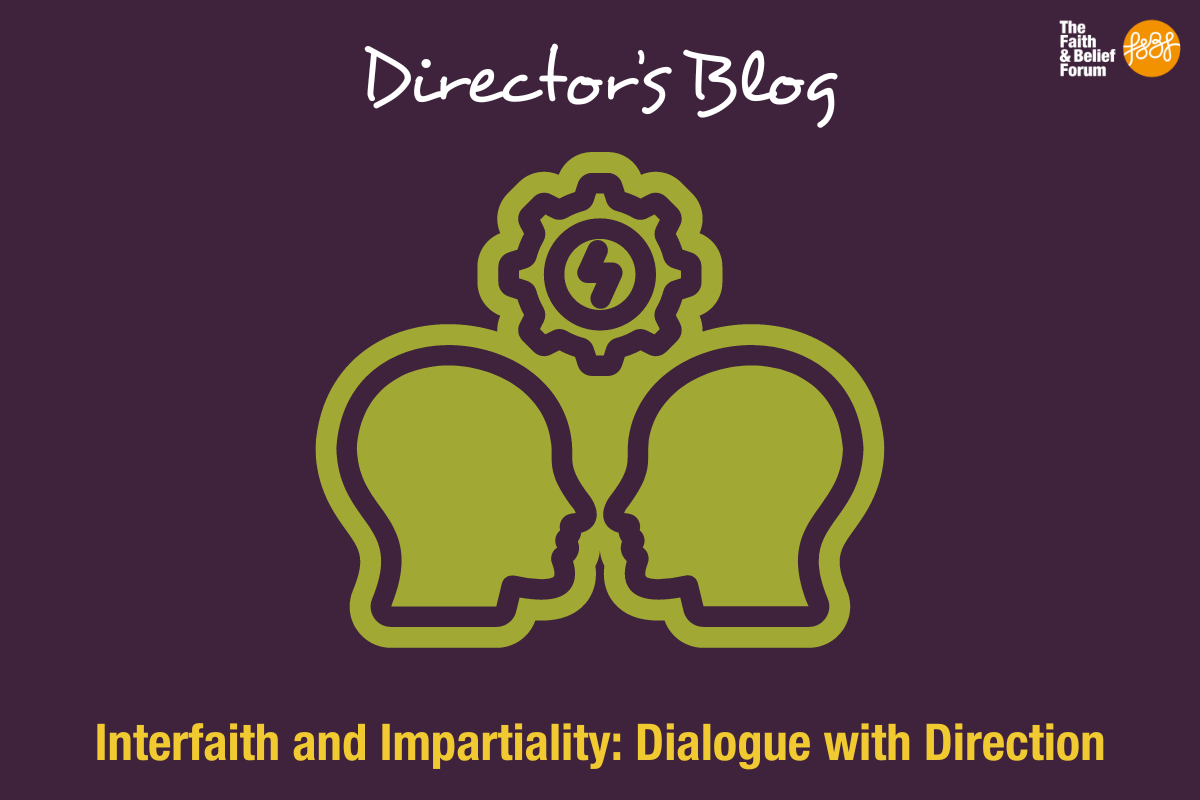
Challenging Faith Based Hate: True Stories
16 / 02 / 24
Menu

25 / 10 / 19

Vanisha Mehta, on of our ParliaMentors students, has written about what Diwali means to her. Vanisha is a Gujarati Jain student studying at The University of Liverpool, and is originally from Leicester. She loves celebrating different festivals.
The glistening of divas, the twinkling of fairy lights. The aroma of food, sweet and savoury. And the joy and happiness of being surrounded by my family on this beautiful occasion. This is a perfect summary of Diwali celebrations in my home.
As a Jain, Diwali, termed the festival of lights, is the day that one of our Tirthankars – Lord Mahavir attained Moksha / Nirvana. His soul was released from the cycle of birth and death and went to the Siddha-lokka – realm of the liberated souls. Lord Mahavir’s teachings include compassion, ahimsa (non violence), and aparigrah (non- attatchment). Prior to attaining Moksha, Lord Mahavir gave his final sermon at Pawapuri (in India) which lasted 48 hours. This sermon is recorded in one of the Holy Books – one of The Agams. It is also believed that Lord Mahavir’s Chief disciple Guru Gautam Swami attained omniscience (complete knowledge of past, present and future) after Lord Mahavir attained Moksha. During this time, many Jains may fast as a tribute to the sacrifice of Lord Mahavir.
Celebrations of Diwali at home are a mixture of cultural traditions, and religious/spiritual practices.
A week before Diwali, decorated divas, colourful rangoli patterns and lights are arranged on the porch, in the windows, and in the living room to create a cosy, ambient atmosphere to celebrate. One of the reasons divas are lit is to symbolise the light of Lord Mahavir’s teachings. Nibbles such as raisins, nuts, sweets, and sugar cubes are offered to all guests who come to visit during this festive season. We make a number of sweet and savoury snacks, which are to be enjoyed by the family as well as gifted to friends, family and neighbours.
Diwali day is celebrated by going to the temple, and taking part in a samuh aarti, a communal gathering where a diva is lit and we sing some religious songs. The family gather together and have a traditional Gujarati meal of curry, roti, rice, salad, daal, a savoury side dish, and some sweet dishes! The festivities continue the next day, New Years Day!
A few days after the Diwali period, there is often a social event to top off the celebrations, such as Diwali garba, a cultural show, or live music!

16 / 02 / 24

15 / 02 / 24

16 / 01 / 24